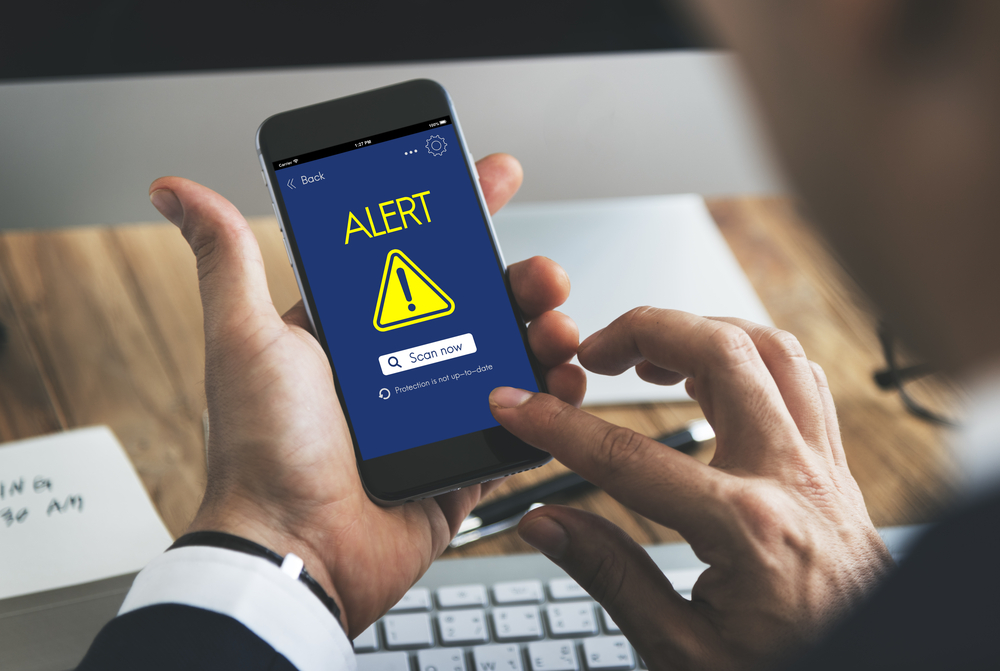UK government failed to act on its own alert messaging advice
Mobile operators relied upon to push out coronavirus lockdown text messages


The UK's network operators have sent out nationwide lockdown alerts on behalf of the government, but it could have done so itself had it not ignored its own findings on emergency messaging systems.
On Monday night, Boris Johnson announced that the UK was going into semi-lockdown, with the public only allowed to go out for essential items, medical emergencies, one session of exercise per day or to commute to work if absolutely necessary.
As many ignored calls to self-isolate over the weekend, the Prime Minister called for everyone to stay home for three weeks.
To get this out to as many as possible, the government asked the UK's mobile phone networks, such as O2, EE, Three and Vodafone to send out an alert message with a link to information on COVID-19.
"GOV.UK CORONAVIRUS ALERT New rules in force now: you must stay at home. More info & exemptions at gov.uk/coronavirus Stay at home. Protect the NHS. Save lives," the text read.
However, the message could have been sent to some 60 million phones directly from the government if it had followed up on its own findings.
Seven-years-ago, the UK Cabinet Office conducted a successful trial of an emergency alert system, but in the following years, there have been no further signs of development. As crowds of people began gathering at parks and beaches over the weekend, the government was unable to send a formal warning.
Get the ITPro daily newsletter
Sign up today and you will receive a free copy of our Future Focus 2025 report - the leading guidance on AI, cybersecurity and other IT challenges as per 700+ senior executives
Similar systems are used by countries such as South Korea and the Netherlands, the latter of which sent out messages to warn people from congregating in the park on Sunday.
Although the government announced a large support package for businesses and individuals to help mitigate the impact of COVID-19, it has struggled to get clear messages out to the public, often competing with misinformation on social media sites.
It has now given a clear order to stay home, via mobile operators, but it could have been a lot easier it had followed up on its own research.
Bobby Hellard is ITPro's Reviews Editor and has worked on CloudPro and ChannelPro since 2018. In his time at ITPro, Bobby has covered stories for all the major technology companies, such as Apple, Microsoft, Amazon and Facebook, and regularly attends industry-leading events such as AWS Re:Invent and Google Cloud Next.
Bobby mainly covers hardware reviews, but you will also recognize him as the face of many of our video reviews of laptops and smartphones.
-
 CISA issues warning in wake of Oracle cloud credentials leak
CISA issues warning in wake of Oracle cloud credentials leakNews The security agency has published guidance for enterprises at risk
By Ross Kelly
-
 Reports: White House mulling DeepSeek ban amid investigation
Reports: White House mulling DeepSeek ban amid investigationNews Nvidia is caught up in US-China AI battle, but Huang still visits DeepSeek in Beijing
By Nicole Kobie